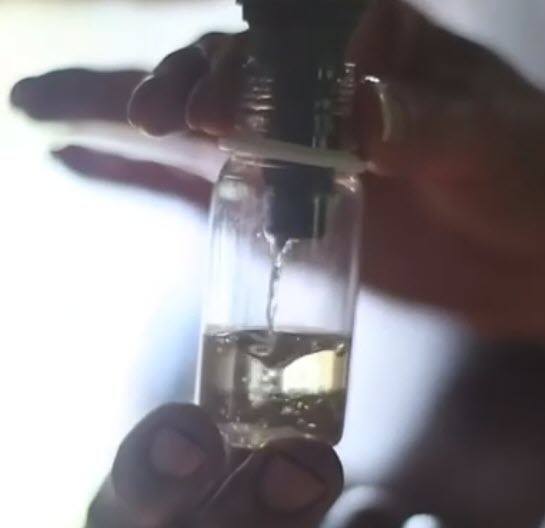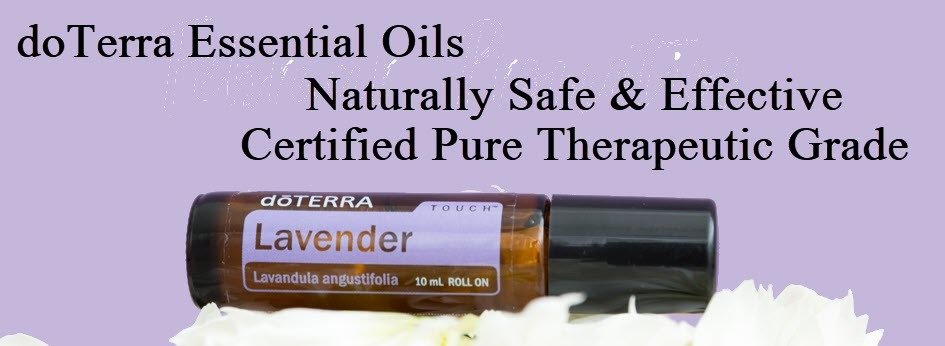- You are here:
- Home »
- Blog »
- Natural Solutions »
- Using Essential Oils to Promote Better Health
Using Essential Oils to Promote Better Health

Confused about essential oils? You hear about them a lot these days, and you are told they are supposed to be great for you, but perhaps you don’t quite know why or exactly how they can help you.
Essential oils seem to be everywhere these days. You even find them in products in your local supermarket. They are in cleaning products, dish liquids, air fresheners, soaps, shampoos and conditioners, perfumes, skin care products and even the foods we eat including chocolate treats.
When you enter the natural health arena they become even more prolific. Supplements even include them. And what massage or meditation session would be complete without essential oils these days?
We hear that they are supposed to be great but what exactly do they do? And how?
The purpose of this post is to help you make sense of just what essential oils are. How to best select essential oils so they can actually be of benefit to you.
If you are not even sure of exactly what they are, hang in there. What we will do in this post is give you the basic information which you need so you can understand how they may be able to contribute to your well-being. Then, in further posts, we will dive a little deeper before we get to some specific applications.
Let’s get started with a brief summary of essential oils, how they are made, and then what they can do for you.
A Brief Historical Perspective
First of all, essential oils are not something new and revolutionary. They have been around for thousands of years. In fact, 3,500 years ago, in the book of Exodus, essential oils are mentioned as follows:
And thou shalt make it an oil of holy ointment, an ointment compound after the art of the apothecary: it shall be an holy anointing oil. – Exodus 30:23-25
As you can see, essential oils were being created by “the art of the apothecary” as far back as Moses time. In fact, likely before even that as the Hebrew people came from Egypt. They likely learned or developed the processes while living in Egypt for the 430 years before the Exodus which places them back to more like 4,000 years ago or possibly even further back than that.
During those times, as Exodus makes note of, there was an art to producing them and likely an art to using them. One can speculate that the first health care remedies likely involved essential oils as well.
Let’s now take a look at what they are.
What is an essential oil?
Essential oils are oils that are extracted from parts of flowers, plants, and trees. The oils can be derived from the leaves, flower petals, bark, seeds, roots, and the fruits.
If you want to state it a bit more technically, essential oils are the volatile liquids that are distilled from plants and their respective parts. While they are oils in the plant, when extracted they are not necessarily oils because they don’t consist of fatty acids but rather highly concentrated plant extracts.
These oils or extracts are called volatile because they change their state easily. For example, they change from liquid to gas easily which makes them useful for aromatherapy.
Most importantly, the process of selection and distillation impacts the quality of the oil. The more carefully the process is conducted the higher the oil quality. Perhaps most importantly, the better the quality of starting plant parts, the better the quality of the end product.

This is important because of the highly concentrated nature of essential oils, even a single drop of oil from these plant or tree parts can have significant positive impacts on mental and physical ailments.
Of course, as with anything concentrated, improper usage can have negative impacts. Essential oils are highly concentrated and can be too strong for direct contact on your skin which is why they are typically diluted in solutions using what are called carrier oils.
In the excerpt from Exodus above, the carrier oil was olive oil. We will cover carrier oils further on in this series of posts.
Cost and Quality
The process of extraction is usually performed by steaming the plant to separate the oil from water, which is essentially a distillation process. Producing the purest of essential oils can be very costly because it may require several hundred or even several thousand pounds of plant matter to produce one pound of essential oil.
For example, one pound of pure melissa oil (lemon balm) can sell for thousands of dollars. While this sounds quite expensive, this may not seem as costly when you understand that it takes 3 tons of the plant material (leaves and stems) to produce one pound of the finished essential oil.
Some of its common therapeutic uses include cold sores, reducing anxiety and viral infections, so it is a valued essential oil and in demand. Consequently, quality is an important issue in selecting this essential oil for its therapeutic impact.
The short video below gives you some idea of what goes into the production of oils from doTerra a company that produces essential oils.
A Word About Quality
Since there is a high demand for essential oils in commercial products as scents, the primary concern when producing commercially is scent not quality. Consequently, high pressure and high temperature processing methods are used which compromises the oils therapeutic qualities. Additionally, the extraction process is sped up through the use of chemical solvents which are toxic to us.
While the end product may smell good and cost less, most of the valuable therapeutic value of the oil has been processed out. Hence, if you are interested in using essential oils for their therapeutic value, it is important to make certain that you are selecting oils that you can be sure are processed with the highest quality in mind.
How are essential oils used?
As a result of their potential therapeutic nature, essential oils are used as a natural or holistic remedy for a wide variety of ailments. The list is long as you might imagine with something that has been around for so long.
Of course, I must mention that they are not meant to replace medical treatment. However, they can help complement and possibly even eliminate ailments both long and short term in nature. They have been known to help with everything from migraines to skin conditions and more. I add “and more” because I have used them myself and been surprised at the results.
Below is a short list of the many ways essential oils can help you:
- Insomnia
- Headaches and migraines
- Joint aches and pains
- Chronic pain
- Menstrual irregularities
- Cups, scrapes and burns
- Signs of aging and wrinkles
- Anxiety, stress, and depression
In addition to the therapeutic use of essential oils, they are also used in cleaning, disinfecting, as a repellent for insects and other critters, food production and much more.

One of the reasons they have become so popular is their many applications to a wide variety of issues. We’ll explore these in more detail once we have a few more of the basics established.
Therapeutic Use of Essential Oils
You have a three options when using your essential oils therapeutically. You can use them:
- Aromatically
- Topically
- Internally
A precautionary word before proceeding. Because of the highly concentrated and volatile nature of essential oils, it is not recommended that you take them internally. I have ingested tiny amounts for specific remedies for short periods of time, but have never taken them regularly.
Nevertheless, some people have had very strong reactions to the internal use of essential oils. One must keep in mind that they are very highly concentrated. Even a small amount can have a big effect.
One caveat is to never give children, particularly infants, essential oils internally. This means taking precautions if using them in a bath to prevent accidental ingestion.
Additionally, the American Association of Naturopathic Physicians say that essential oils should never be used on infants under 3 months of age. They cite that the infants skin takes about 3 months to fully mature, so the permeability of essential oils is enhanced.
Hence, if adverse reactions were to occur their undeveloped immune systems may not be able to effectively handle it.
I’ll cover the safety issue and essential oils in more detail in another post, as the safe use of oils can be of good benefit as an adjunct (supplementary) therapy.
Anyway, one can achieve good results eliminating nagging symptoms naturally through diet and selected natural supplements etc. without having to resort to essential oils. Since essential oils offer no nutritional value, why take the risk?
In the next post, we’ll go into more depth on the aromatic use of essential oils and accessories. The aromatic use of essential oils, commonly referred to as aromatherapy, has become quite popular in recent years. So, it is a good place to begin.
Related Posts
Protein – Which Is Better for Your Health – Animal or Vegetable?
Should You Take Drugs to Cure COVID-19?
Free Survival Nutrition Course – 8 Hours Plus PDF
Is Holistic Oral Care a Forgotten Part of Your Natural Health Treatment Plan?
What’s For Dessert? Superfood Fudge
8 Common Herbs With Amazing Health Benefits
Four, No-Cost, Natural Life Hacks for Creating a Healthier Emotional State
Wall Street Journal Investigation Finds Dumpster Trash Food and Supplements Being Sold as New

